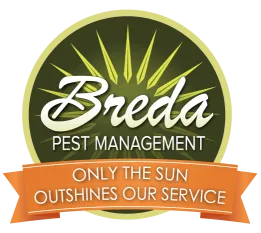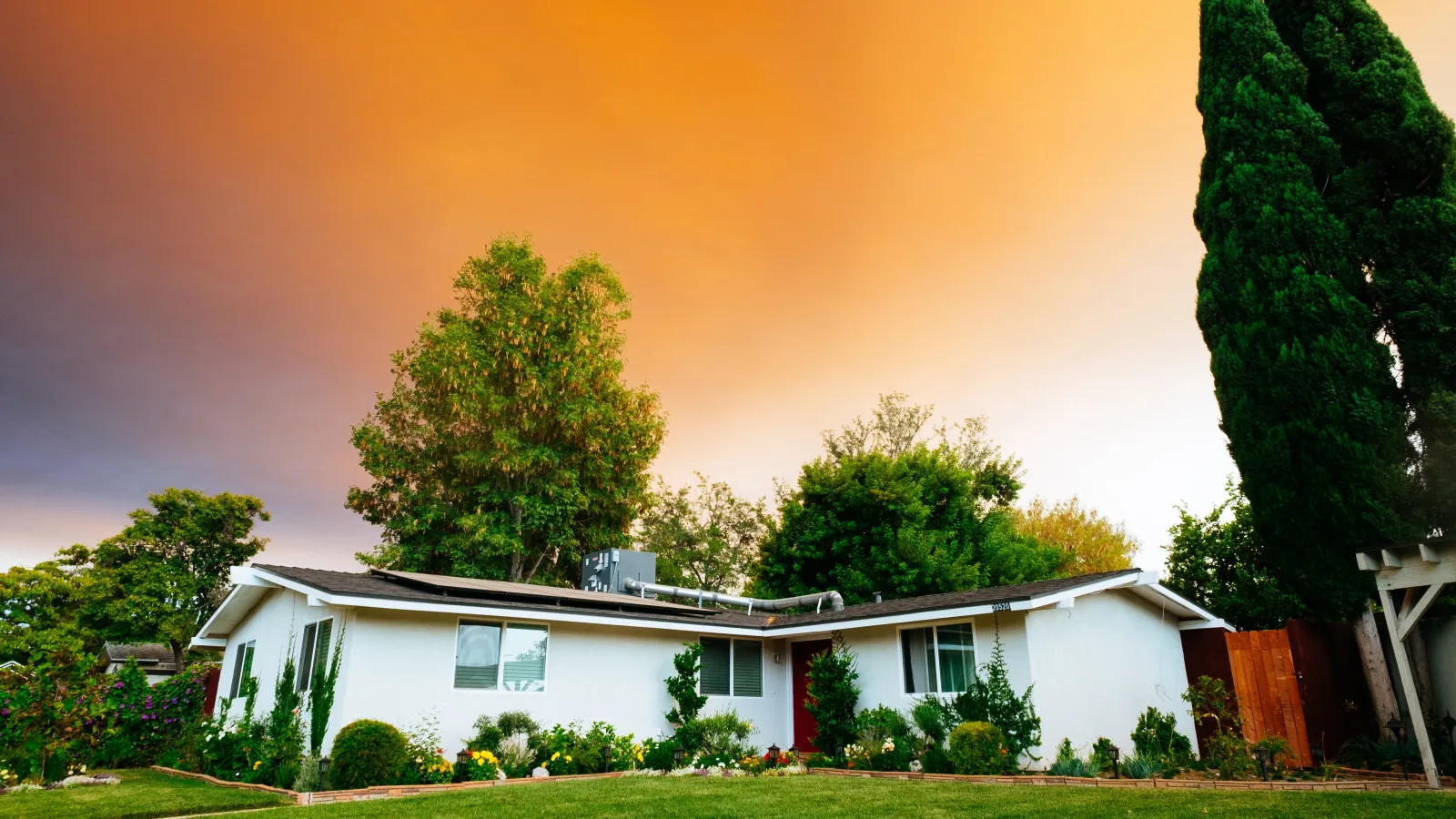Believe it or not, your home's doors and windows should be the least of your worries as far as wildlife entry points are concerned. In almost all cases, pests like squirrels, bats, mice and rats make their way inside in a more discrete fashion. These annoying critters will search for a crevice or hole in the walls of your house and then sneak into your living quarters.
Insulate to Prevent Wildlife Encounters
Wild animals will do whatever it takes to survive, and the warmth and potential food your home provides makes it a shelter worthy of effort. Small holes, cracks and crevices in your house's siding are often all it takes for a critter to sneak indoors. Attics fare even worse, so the best thing you can do is stock up on an adequate supply of insulation. An attic full of blown insulation makes entry virtually impossible. Even if you haven't yet experienced pest problems, it has been found that the average monthly energy savings a properly insulated attic generates is 20 to 40 percent. This is a small investment for big time savings. The material's flame-retardant properties also protect your home from potential fires. As you can see, pest insulation has many more uses than just keeping bugs outside where they belong.
How Pest Insulation Works
Pest insulation is made primarily of cellulose insulation. This insulation is sprayed with boric acid. Once insects crawl through or nest in the insulation, the boric acid attaches to their bodies, Insects and other pesky bugs are self grooming, meaning they lick themselves to stay clean. Once the pest licks the boric acid off, it cannot be digested and sits in the gut of the bug. The bug will soon die of dehydration, malnutrition, or a combination of the two. And don't worry about having a smelly attic full of dead bugs. The borates in the insulation actually absorb and help reduce any foul smells.
Breda Pest Control specializes in the installation of borate-treated insulation, a high-quality product that exceeds EPA requirements and has helped protect millions of homes from unwanted wildlife encounters. Trust our pest control experts — you do not want wild animals breeding or nesting in your attic. Aside from the immediate risks involved with coming into contact with an outdoor critter, many species are known to spread disease, either directly or through the feces they leave behind. The air quality in your home can suffer as a result of airborne pathogens, and wild animals are not particularly well known for their tidy living habits. On top of that, the damage dealt to support structures, electrical wiring and other housing materials by pests can be costly. It is much less of a headache preventing pests from getting in the house than having to eradicate them once they have settled down and started living and breeding in your home. Protect your investment and save hundreds on your utility bill this year by having the pest control pros at Breda Pest install insulation in your attic.




